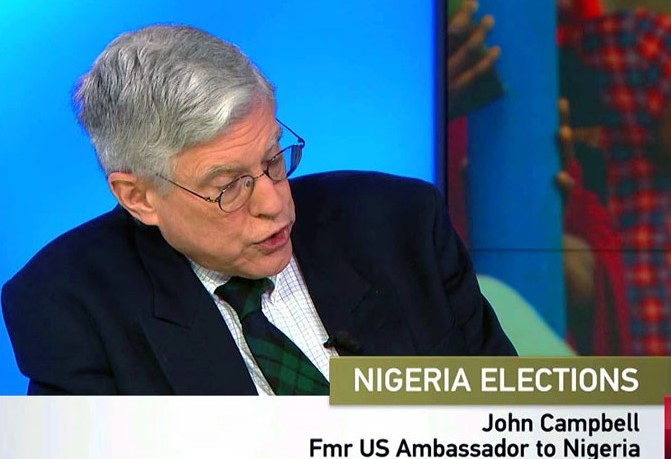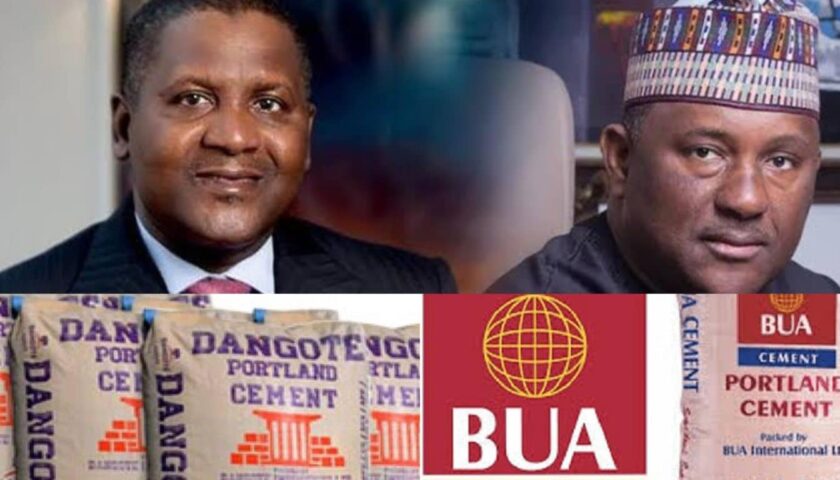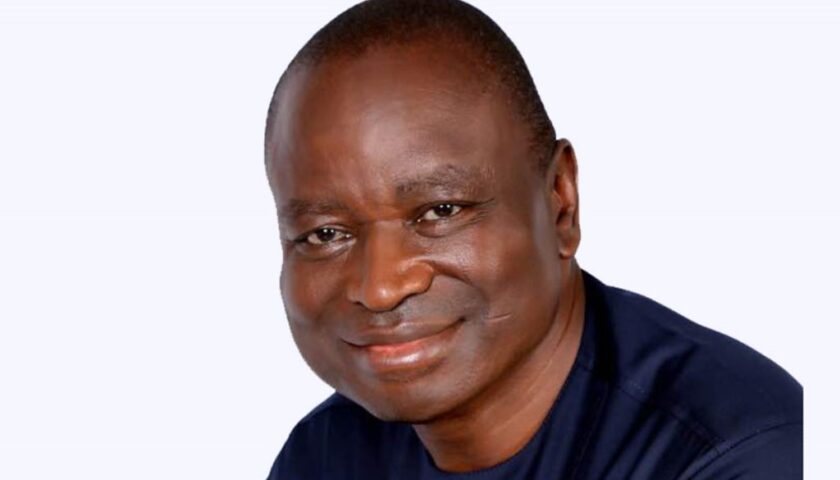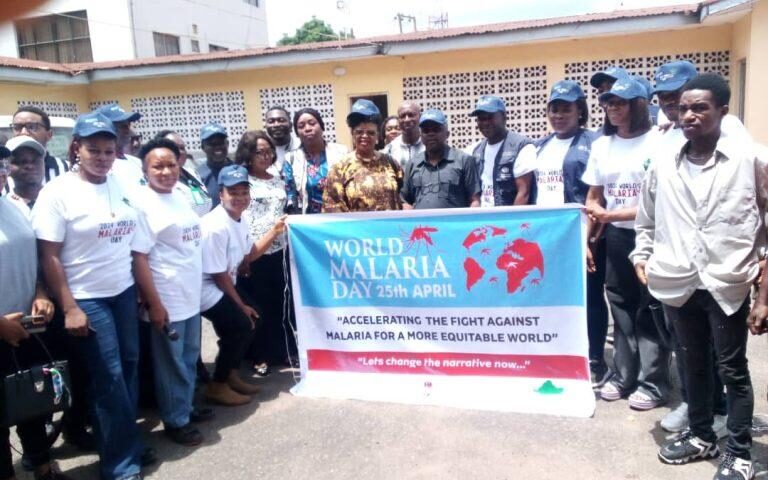By John Campbell
The fall in international oil prices is having a devastating impact on Nigeria’s formal economy. Oil, the property of the Nigerian government, provides more than 60 per cent of government revenue. Further, sales, denominated in U.S. dollars, account for more than 90 per cent of Nigeria’s foreign exchange.
The oil price drop, while made worse by the economic consequences of the Coronavirus (COVID-19) pandemic, began thanks to a price war between Saudi Arabia and Russia. Oil closed at about $60 per barrel in December 2019 but has since fallen. It plunged to about $18 per barrel in April and recovered in May to about $25 per barrel. Even with the recovery, the Nigerian government’s revenue, and its access to U.S. dollars through oil exports, is less than half of what it was at the start of the year.
Nigeria’s governor of the Central Bank, Godwin Emefiele, says that foreign exchange (mostly U.S. dollars) must be devoted to “strategic imports.” That would include medical supplies made necessary by the coronavirus. He also says that there will be an “orderly process” by which foreign investors will be able to repatriate their funds. But, for now, they must be “patient.” The Manufacturers Association of Nigeria (MAN) estimates that the backlog of unmet U.S. dollar demand in Nigeria is $1 billion. Without access to dollars, manufacturers cannot import the raw materials or components they need.
Driven in part by the need for dollars, the government devalued the Nigerian currency, the naira, to 360 to the U.S. dollar, down from 306. That, apparently, was not enough. As of May 12, the naira is traded at 445 to the dollar on the street, and the one-year forward trading rate is 514 to the dollar, which means traders expect the exchange rate to fall even further. The Lagos stock exchange index is down about 12 per cent since the start of the year. Because it is denominated in naira, and the naira has been devalued, the loss in value is even greater in terms of international currency.
There are anecdotes (impossible to quantify) that rich Nigerians are getting out of the market and doing what they can to shelter their assets abroad—an old song in times of instability, whether economic or political. The picture is bleak for the formal economy made up of the small middle class and the oligarchs. With its direct and indirect overreliance on oil, this part of the economy is fragile. But it is estimated that 65 per cent of Nigerian GDP is produced by the informal sector.
Further, another rough estimate is that half of the population continues to be rural. Hence, together with the fact that government has little or no role in the lives of most Nigerians, it is likely that most Nigerians are not significantly directly impacted by oil prices, government revenue, stock indices, and foreign exchange shortages; the ongoing breakdown in security in many parts of the country is likely to be of greater concern. Farmers, fishermen, and petty traders will continue to farm, fish, and trade, providing a resilience that outsiders may underestimate. Still, amid the coronavirus pandemic, the ability of the government to provide supplies to medical workers and economic relief to those out of work because of lockdowns may well begin to be felt in the informal sector. Campbell is a former US ambassador to Nigeria.
Culled from Council on Foreign Relations.





